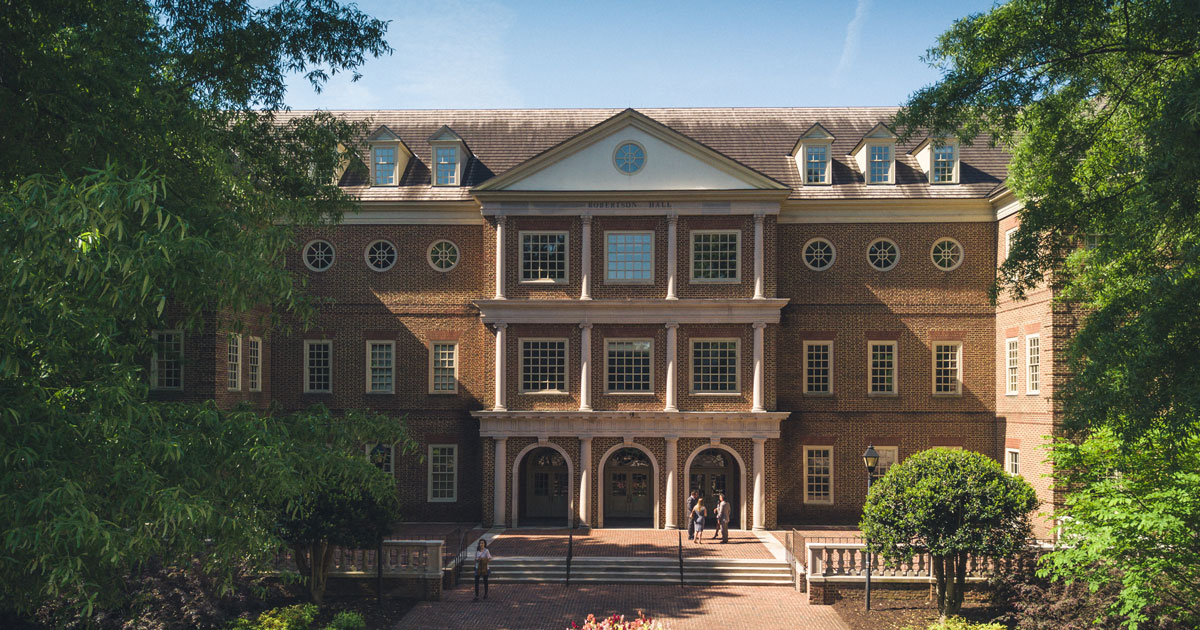
Filling the Gap of Justice: Regent University School of Law Hosts Presentation on Pro Bono Work

Justice should be blind, blind to the rich, the poor, and anyone in between. Unfortunately, there’s a justice gap — a difference in how citizens of different economic status receive varied legal assistance.
“It’s important to understand the justice gap before we talk about any type of pro bono service,” said Crista Gantz, Director of Access to Legal Services for the Virginia State Bar. “I think it’s pretty clear that liberty and justice for all, the idea of equal justice, is kind of a foundational concept in society and our culture … it’s strange to me that we still grapple with these issues since it seems to be central in how we think about justice in this country.”
Although one-in-eight Virginians are eligible for Virginia Legal Aid, there aren’t enough attorneys to provide it. According to Gantz, there’s only one Legal Aid attorney available to provide representation for 7,137 low-income persons on average.
“Under our current conditions, Legal Aid just realistically can’t meet the needs of the poor,” said Gantz. “If ‘justice for all’ is going to be more than an … ideal, we need the private Bar’s engagement in pro bono.”
A few problems compounding the issue include lawyers’ time constraints and commitments, cost of such service on their practice, and a lack of malpractice insurance, to name a few.
The key to closing up this gap? Pro bono work.
Gantz moderates Virginia Free Legal Answers, a website that connects those who can’t afford legal services with pro bono services. Website users can log in to the site and receive advice from attorneys on inquiries related to civil law.
During her presentation, she showed attendees how to aid site users.
Gantz said lawyers in Virginia are currently only providing 80,000 hours of pro bono service. If attorneys in the state each put two percent of their working hours toward it, they’d cumulatively work a whopping 900,000 hours according to Gantz.
“It’s [a] really wonderful, wonderful way to engage,” she said.
“There’s no state in the country that has required pro bono service,” Gantz said. “But we hope that professionally and personally, we’ll take up the mantle to provide at least two percent per year of a lawyer’s professional time to pro bono public legal services.”

